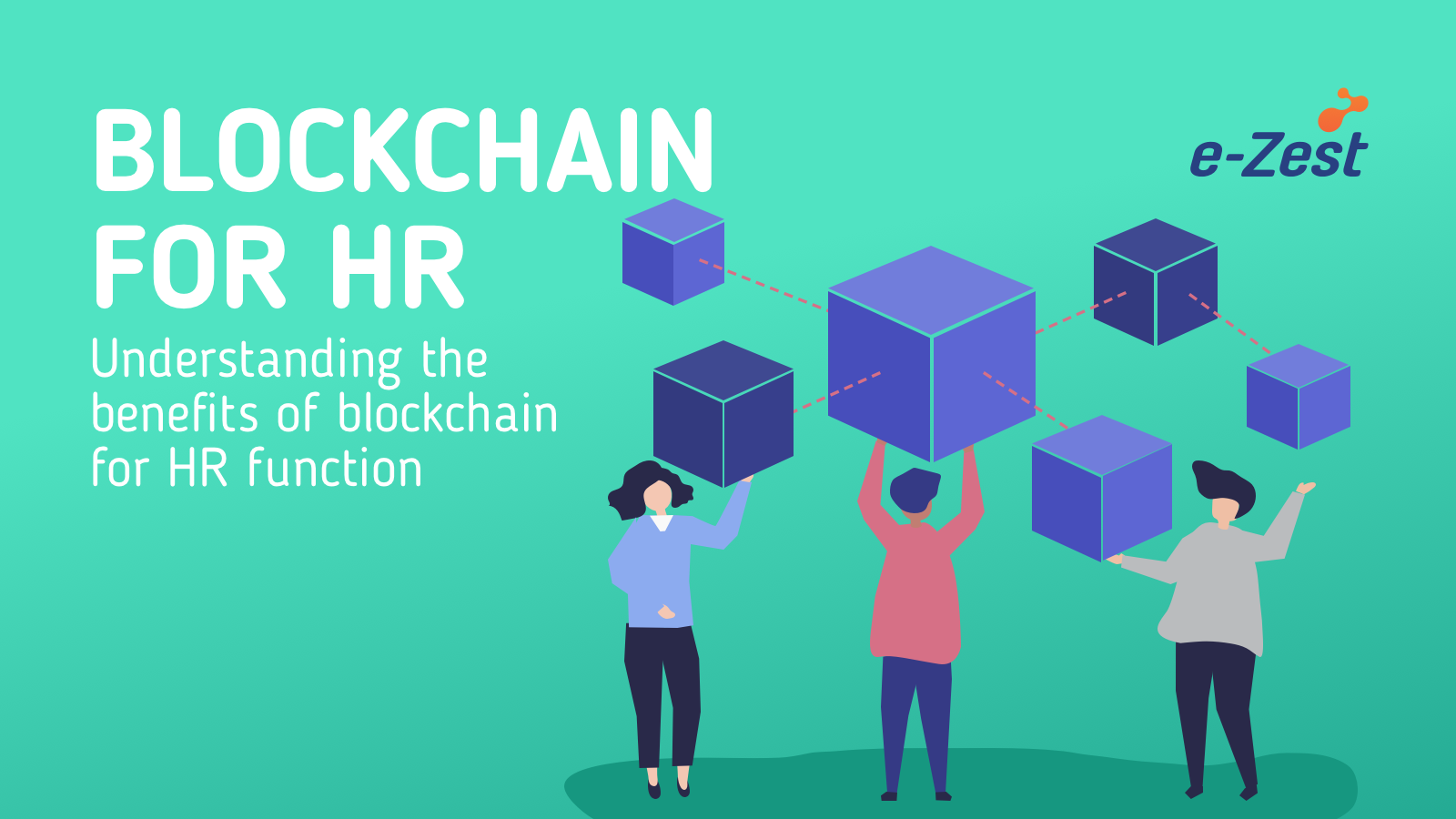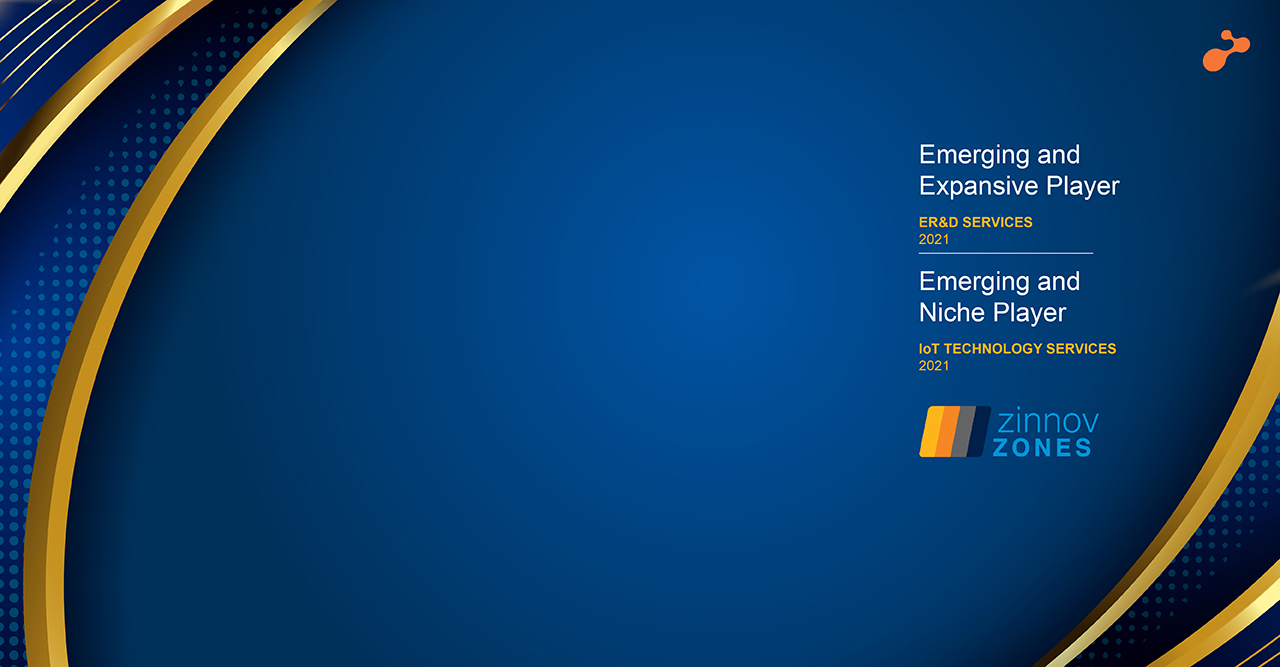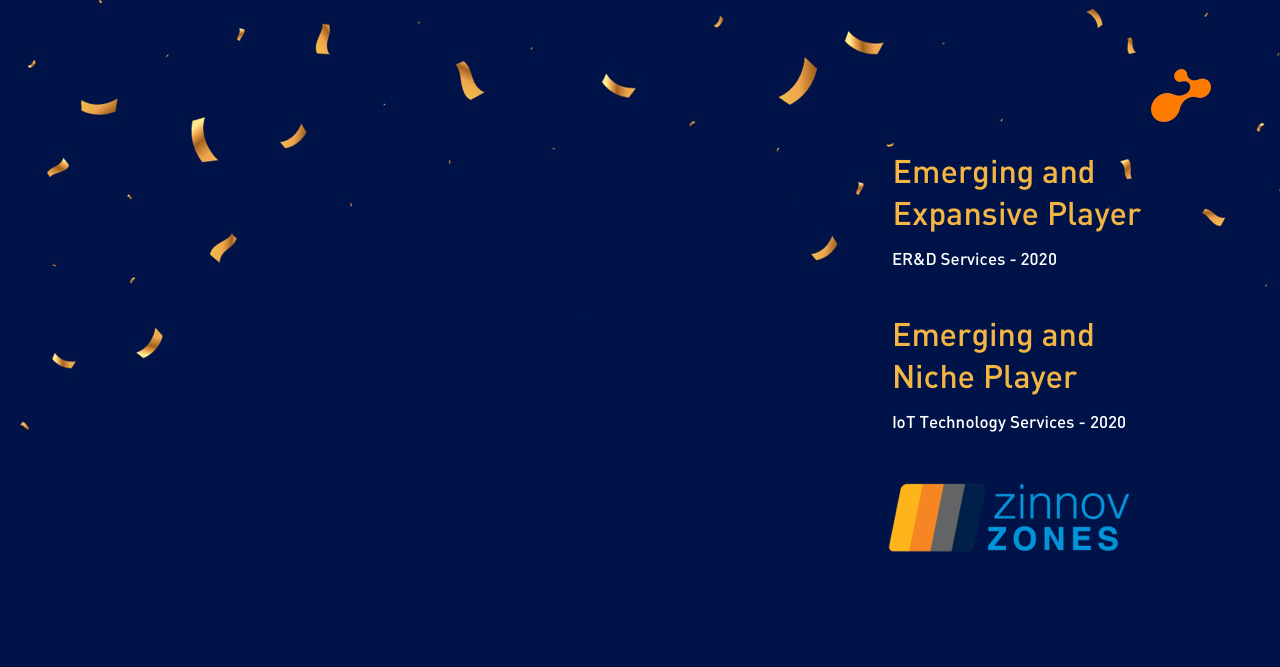Are all carpenters the same because they know how to use the same tools? What is the intangible that makes one person a carpenter and yet another person using the same tools a world class artist. Surely it was not the knowledge of the tool. Yet, we find that we in IT get obsessed with labeling, resourcing and planning our team almost purely on the basis of technical skills. Very often we hear, “we need a person with 4 years of experience to lead this .NET project.” Is the recipe for success really that simple? What may we be missing here and what is a better way to make people decisions?
In recent years, India had churned out huge numbers of Animation diploma holders in anticipation of the next wave of outsourcing for Hollywood. After a few years, the industry crashed or more correctly never took off and the hundreds of thousands of Animation graduates just disappeared almost overnight (into some other profession of course) - all this after one of India’s largest business houses making ambitious investments in the millions.
Why was that? Was it that the ones trained did not have the technical skills to use the software and make the animations? The real reason boiled down to the lack of “touch and sensibility” that was needed to create Hollywood quality animations. We in India simply lacked the creative ability to visualize the quality of animation like “Tom and Jerry” that Hollywood produced way back in 1940! Regardless of our technical skills and our cost advantage, it was a non-starter without that kind of visualization ability. Our animators just did not have the ability to visualize – how the tail really moves when a scared mouse runs!
Hierarchy of your talents
Yes, there is a hierarchy of talents one has that really separates a carpenter from an artist. These same differentiations apply greatly to software and other industries that increasingly are more idea and effectiveness driven rather than just “management” and “business plan” driven.
Skills
Your skills are basically your technical and functional knowledge that you gather and can apply when asked to in an appropriate setting. When operating only at this level, your effectiveness is basically very limited to an order taker.
Core Competencies
Core competencies operate at the level of organizing and getting things done. However, even core competencies are well defined and have limitations that are exposed once we go into new territories. Core competencies are developed soft skills that are very context specific and as soon as we are taken out of our tank, we gasp for air.
Your emotions
Your emotions are your talents that help you be effective in broader situations, so not only are you able to deal with new situations within your environment but also are able to deal with new environments. The key emotions that we are talking about are Abundance, Gratitude, Composure, Faith (not religious), Joy, Empathy, and Acceptance. This is the zone of “Emotional Quotient” that has been propounded beyond one’s IQ.
Your gifts
This is the kind of talent “that charts a new course”. It’s a visionary’s talent and creates new realities and new ways of structuring things. These talents are most difficult to develop and measure, and are about following your purpose and sharing your gift with the world. This is the zone of effectiveness that comes from the alignment of one’s purpose and what one does.
Summary
Whether it is staffing a particular project team, recruiting or transforming and growing your organization, it pays to look at talent in a broader sense. Go beyond what is visible to create new realities in organizations that are human power driven.


.png)



.jpg)
